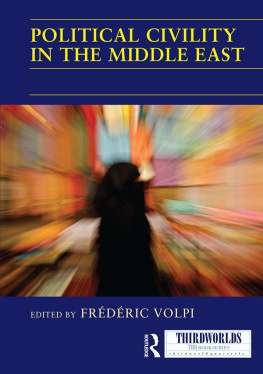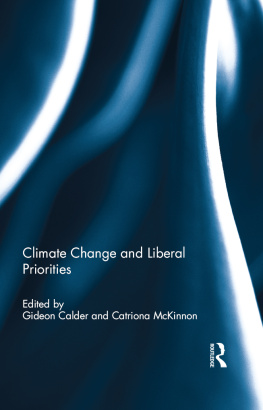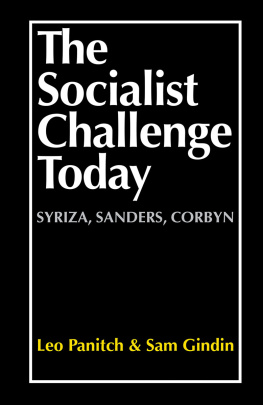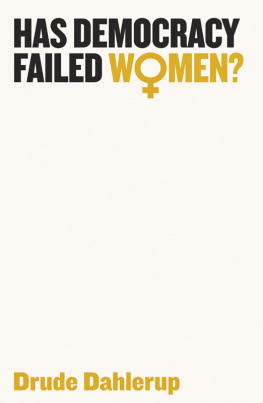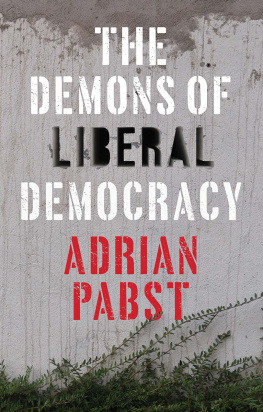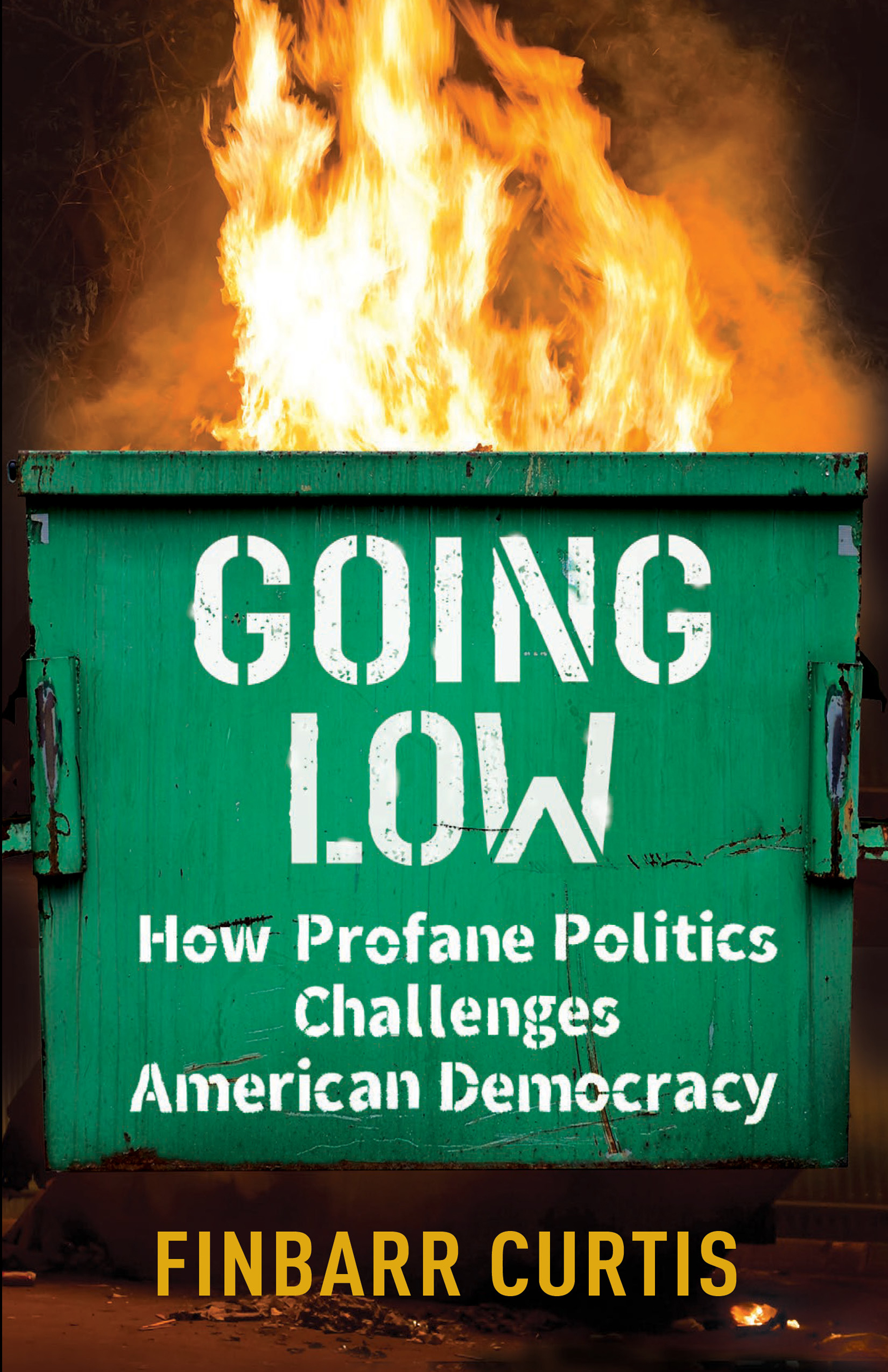Contents
Guide
Pagebreaks of the print version
GOING LOW
GOING LOW
HOW PROFANE POLITICS CHALLENGES AMERICAN DEMOCRACY
FINBARR CURTIS
Columbia University PressNew York

Columbia University Press
Publishers Since 1893
New YorkChichester, West Sussex
cup.columbia.edu
Copyright 2022 Columbia University Press
All rights reserved
E-ISBN 978-0-231-55613-2
Library of Congress Cataloging-in-Publication Data
Names: Curtis, Finbarr, 1973 author.
Title: Going low : how profane politics challenges American democracy / Finbarr Curtis.
Description: New York : Columbia University Press, [2022] | Includes bibliographical references and index.
Identifiers: LCCN 2021049199 (print) | LCCN 2021049200 (ebook) | ISBN 9780231205726 (hardback) | ISBN 9780231205733 (trade paperback)
Subjects: LCSH: Political cultureUnited StatesHistory21st century. | DemocracyUnited StatesHistory21st century. |
United StatesPolitics and government21st century. |
Political partiesUnited StatesHistory21st century. | NationalismUnited StatesHistory21st century. | SportsPolitical aspectsUnited StatesHistory21st century. | Freedom of speechUnited StatesHistory21st century. | Freedom of religionUnited StatesHistory21st century.
Classification: LCC JK1726 .C87 2022 (print) | LCC JK1726 (ebook) | DDC 306.20973dc23/eng/20220206
LC record available at https://lccn.loc.gov/2021049199
LC ebook record available at https://lccn.loc.gov/2021049200
A Columbia University Press E-book.
CUP would be pleased to hear about your reading experience with this e-book at .
Cover design: Noah Arlow
Cover image: iStock Photo (dumpster), Shutterstock (fire)
For Susan and Maybelle

CONTENTS
T his is a weird book written in weird times. I want to thank my colleagues in the Department of Philosophy and Religious Studies at Georgia Southern University, who collectively braved in-person teaching during a pandemic. I especially wish to express my gratitude for the support of my department chair, Karin Fry.
I appreciate the invitations to introduce sections of this book through public lectures at the College of Charleston, North Carolina State University, the Norwegian University of Science and Technology, and Skidmore College. The perceptive questions from students and faculty helped to clarify my thinking and encouraged me to continue with the project.
I greatly benefited from feedback from those who read chapters from this text. I especially wish to thank Anna R. Alexander, Genevieve Banach, Sam Bauer, William Biebuyck, Anna Bigelow, Beena Butool, Jessica Johnson, Daniel Larkin, Jesse Lee, Gabriel Levy, Kathryn Lofton, Dana Logan, Dantrell Maeweather, Charles McCrary, Madhbh McIvor, Kerry Mitchell, John Modern, Jenna Reinbold, Stefani Ruper, Elijah Siegler, Jack Simmons, Jennifer Sullivan, and Kyle Wagner. Jay Geller, William Robert, and Cheryl Beaver have also served as long-time conversation partners whose intellectual influence is present in everything I write. Thanks as well to the anonymous reviewers for their insightful readings and suggestions. I do not know if I succeeded in addressing their perceptive criticism, but I tried. Without Wendy Lochner at Columbia University Press, this book would not exist. I appreciate her encouragement and thoughtful suggestions for helping to focus this books argument and finally get it published.
Going Low is dedicated to Susan and Maybelle, who showed up in the summer of 2016 and have been blissfully unaware of American politics. I envy them.
O n January 8, 2021, Twitter suspended the account of Donald J. Trump. Anyone checking the presidents tweets found instead an explanation that sounded like it was crafted by a newly sentient robot: Twitter suspends accounts which violate Twitter Rules. This was no small blow to what had been dubbed the Twitter Presidency. Twitter provided a direct channel for the president to rally his supporters and insult his critics. Trumps detractors had long called for suspending the account, but Twitter was hesitant to interfere with its users free speech. Trump finally crossed the line when his words incited a violent invasion of the capitol. Twitters tipping point was not the offensive content of the presidents speech but the violent actions it inspired.
This distinction between words and actions is a familiar feature of discussions of free speech, but it is unclear whether speech on social media is free. Twitter rules are not laws. They are corporate guidelines that claim to protect the public interest. The Twitter ban raised questions about who could regulate public speech in a democratic polity. As a private corporation, Twitter is not bound by First Amendment protections. Citizens have a right to speak, but they do not have a right to be heard on social media. This raises further questions about democratic discourse in an age when so much political speech is funneled through corporations with virtual monopolies over their respective media. What rules govern speech, and who decides when these rules should be enforced?
Disputes over speech and offense are the focus of this book. Discussions of free speech in the United States often focus on legal debates about the First Amendment. Going Low addresses the law in part, but most of the attention is paid to arguments about rules and norms that govern civil discourse. These arguments are especially visible when liberal democratic institutions are under duress. Illiberal politics has adopted an offensive style that has tested the limits of liberal ideals of free speech. To understand these limits, Going Low brings together two overlapping themes: the rise of illiberalism and debates about offensive speech.
Offense is about more than hurt feelings. Giving offense can be a way of exerting dominance over others. It turns speech into contests over winning and losing. One way of winning is by profaning what other people hold sacred, especially when doing so intentionally and without regret. In Trumps case, his repeated refusals to apologize for giving offense show that he has triumphed over liberal norms of civility. The profane and offensive style of Trumpism effectively articulates the grievances of illiberalism.
One counterintuitive argument that this book proposes is that contemporary illiberalism is not antisecular. Rather, Trumpisms profane politics fits with secular distinctions between religion and the state. It is a profane politics that makes no public theological or moral arguments. This is a counterintuitive way of thinking about secularism, as the word secular is often taken to mean nonreligious. In this book, secularism describes institutions rather than persons. Secular liberals can be personally religious, but they insist that these convictions are private matters. I suggest that illiberal politics also classifies religion as private, but it seeks to expand the scope of privacy and shrink the public. Rather than resist religious privatization, illiberal secularism valorizes the private sphere in a process of superprivatization. Illiberal secularism protects markets from government regulation, reduces scientific authority to mere belief, and maximizes the sphere of religious freedom. It limits the scope of liberal democratic institutions in favor of a state defined primarily by the military and police.


